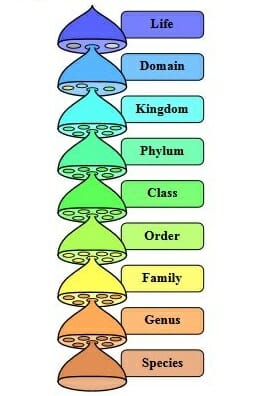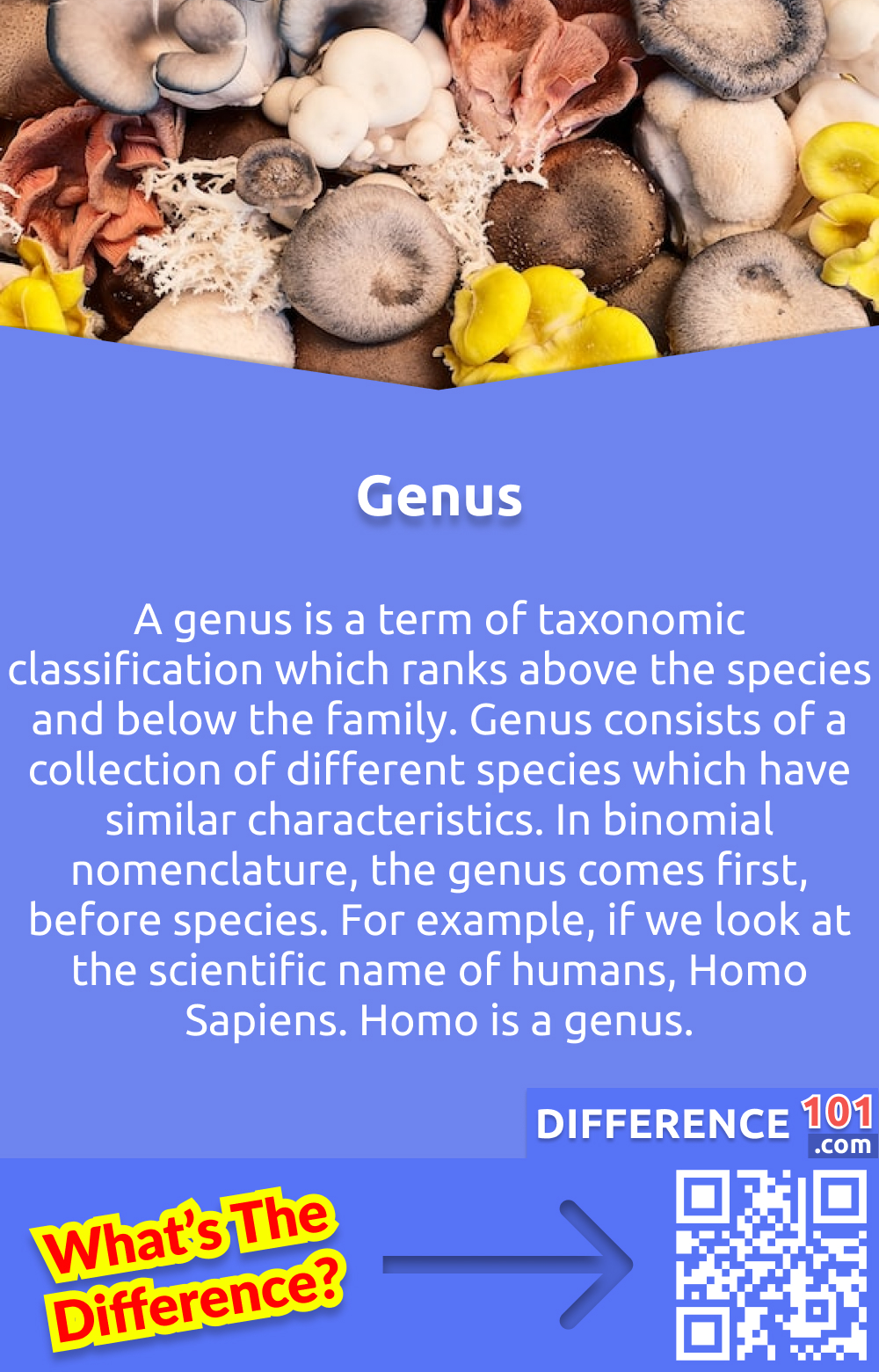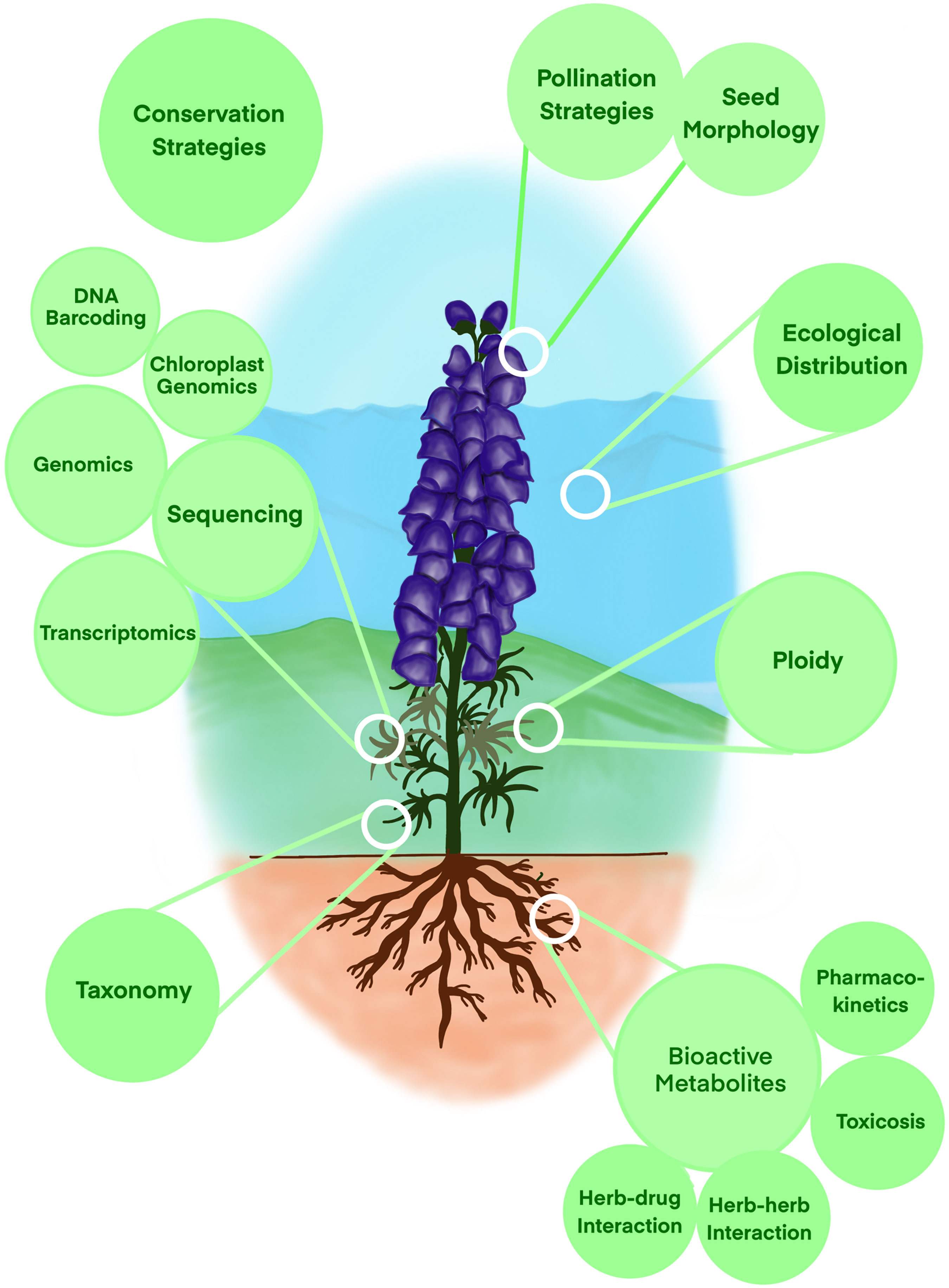What exactly is the significance of the term 'genus' in biological taxonomy? A bold statement supporting this inquiry reveals that genus serves as a crucial taxonomic rank bridging family and species, playing an essential role in classifying living organisms. The understanding of genus is fundamental to the systematic study of life forms, providing structure and organization to the vast diversity found in nature.
The word 'genus' has its roots deeply embedded in historical linguistics. Tracing back to the mid-1500s, the first documented use of the term dates from 1551. In biological sciences, genus refers to a classification grouping more than one species under a common umbrella based on shared characteristics. This grouping allows scientists to categorize organisms with similar structural or genetic traits, facilitating easier study and comparison. As per the Oxford English Dictionary, genus holds a significant place in the hierarchy of biological taxonomy, serving as a bridge between broader categories like families and narrower ones such as species.
| Category | Details |
|---|---|
| Term Origin | Mid 1500s |
| First Documented Use | 1551 |
| Taxonomic Rank | Above Species, Below Family |
| Definition | Biological classification consisting of structurally or phylogenetically related species |
| Reference | Britannica Genus Definition |
Genus assignment remains a critical aspect in microbial characterization, particularly for bacteria and archaea. Current methodologies often rely heavily on genomic data to define genera boundaries accurately. However, challenges persist due to inconsistencies in demarcation criteria. Recent proposals suggest delineating genera without direct reliance on the 16S rRNA gene, focusing instead on standard genome-relatedness indices. Techniques such as average nucleotide identity (ANI) provide robust measures for genus-level distinctions, enhancing precision in microbial taxonomy. Such advancements contribute significantly towards refining our understanding of microbial diversity and evolution.
In the context of biodiversity research, open nomenclature plays a pivotal role when dealing with uncertainties surrounding taxonomic identifications. Terms like 'fam. gen. sp.' denote familial, generic, and specific levels of identification while acknowledging ambiguities inherent within certain datasets. These qualifiers help maintain transparency regarding provisional statuses until further evidence solidifies classifications. Open nomenclature thus acts as both safeguard against premature conclusions and catalyst for ongoing scientific dialogue around complex taxonomic issues.
From a broader perspective, genus stands not merely as a technical descriptor but also symbolizes humanity's quest to comprehend natural order amidst chaos. By organizing life into hierarchical systems, we create frameworks enabling deeper insights into ecological relationships, evolutionary processes, and conservation priorities. Each newly classified genus adds another piece to the intricate puzzle of Earth's biosphere, reflecting centuries-old traditions intertwined with cutting-edge technologies shaping modern biology today.
As seen across various authoritative sources including Britannica, Wikipedia, and specialized journals, consensus exists regarding genus' importance in biological taxonomy. Whether discussing plant kingdoms, animal phyla, fungal divisions, or even viral entities, genus consistently emerges as indispensable tool aiding researchers worldwide. Its application extends beyond mere labeling into realms where interconnections among diverse taxa become apparent through rigorous analysis guided by universally accepted principles.
Ultimately, grasping genus entails appreciating its dual roles - practical utility coupled with philosophical depth. Practical applications range from cataloging specimens collected during field expeditions to identifying pathogens threatening global health security. Philosophically speaking, every genus represents unique chapter written within larger narrative encompassing all known life forms past present future. Through careful study interpretation communication results achieved utilizing genus framework continue illuminating path forward discovery knowledge enhancement benefitting generations come.
With each advancement in genomic sequencing techniques and computational algorithms, the accuracy and reliability of genus assignments improve exponentially. Scientists now possess tools capable of analyzing entire genomes at unprecedented speeds, allowing for detailed comparisons between organisms previously thought unrelated. These capabilities revolutionize traditional approaches rooted solely in morphological observations, opening doors to novel discoveries concerning ancient lineages and cryptic species hidden beneath surface appearances.
Beyond scientific communities, public awareness regarding genus and other taxonomic ranks grows steadily thanks to educational initiatives spearheaded by institutions worldwide. Museums, botanical gardens, aquariums, zoos serve vital functions disseminating information fostering appreciation biodiversity encapsulated genus concept. Engaging audiences diverse backgrounds encourages curiosity exploration ultimately contributing preservation efforts aimed protecting precious resources entrusted planet earth.
Looking ahead, continued investment interdisciplinary collaborations promises yield groundbreaking revelations reshaping existing paradigms surrounding genus classification. Integrating artificial intelligence machine learning models alongside conventional methods offers exciting possibilities accelerating pace innovation within field biological taxonomy. As new frontiers emerge explored horizon expands revealing wonders yet imagined inspiring next generation scientists carry torch forward pursuit truth beauty inherent creation itself.



